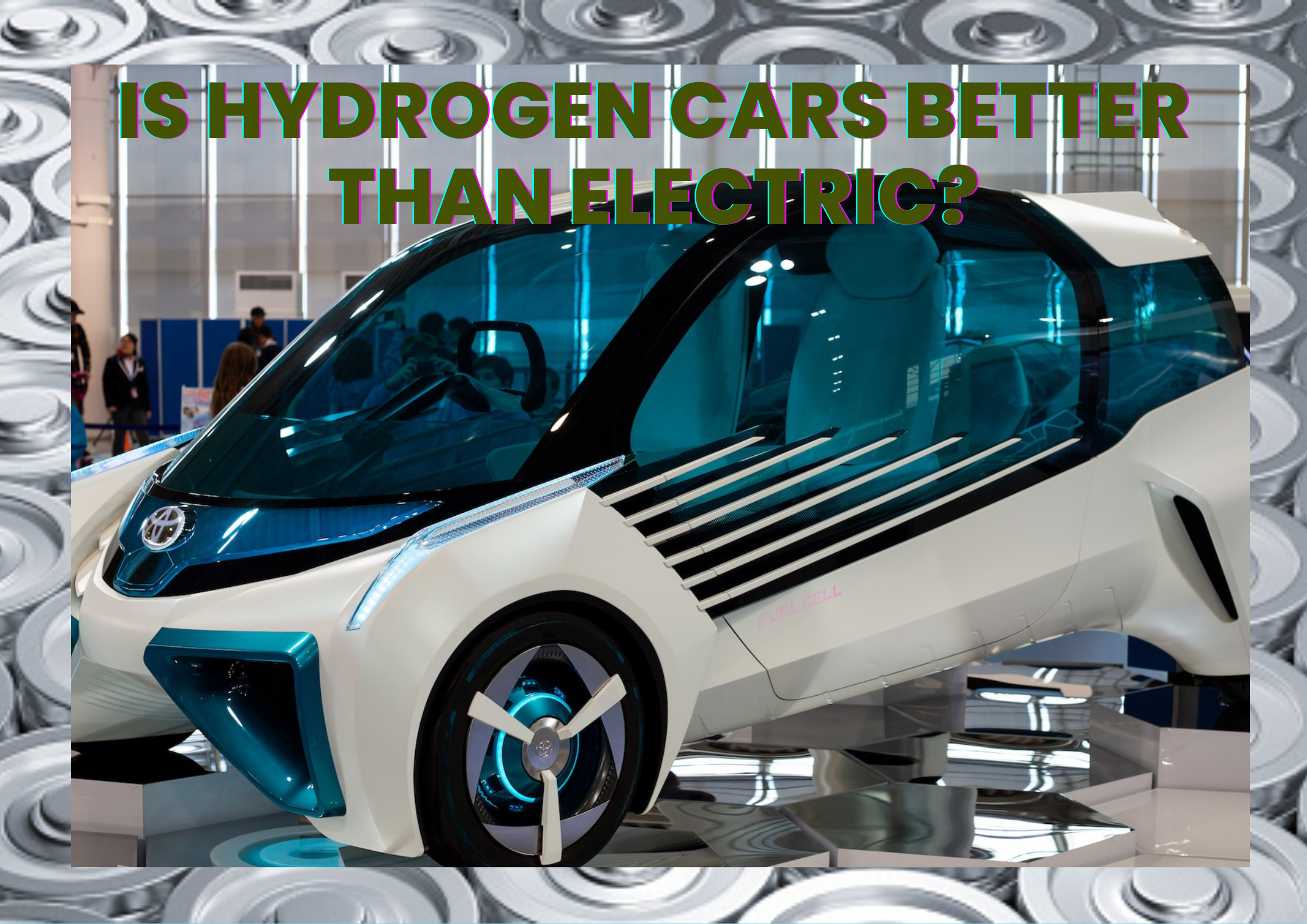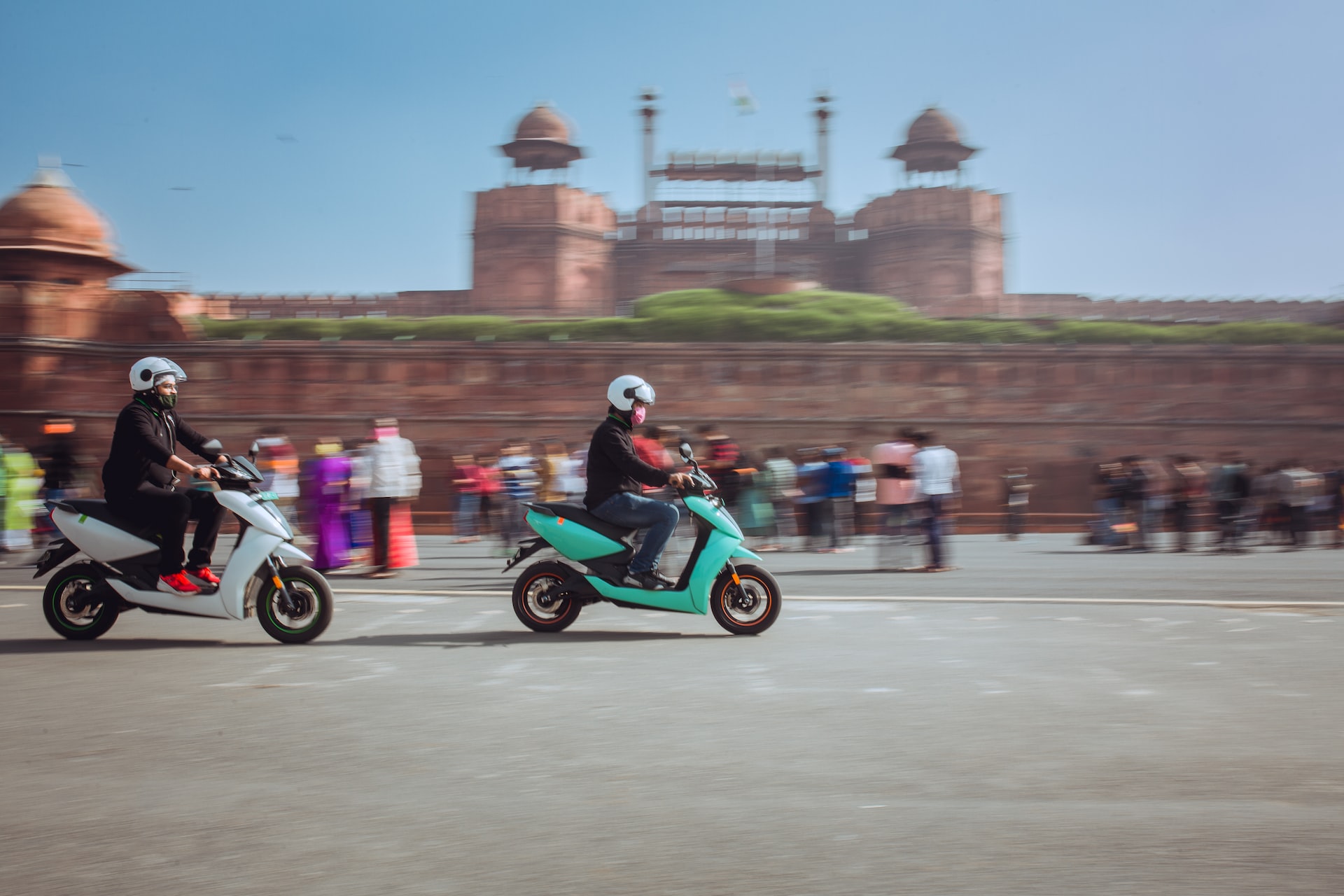What are battery swaps?
Union Finance Minister, Nirmala Sitharaman has announced that the government will bring out a battery swapping policy for electric vehicles in the country.
The proposal to allow consumers and dealers to swap their batteries with each other for a nominal amount of money is aimed at reducing the cost of owning an electric vehicle. The scheme would be applicable on all new or modified electric vehicles (EVs) till December 2022.
The proposal follows the implementation of the Motor Vehicle (Registration, Inspection, Transport, and Usage) Act (MVRATA) 2017 which allowed EV owners to swap batteries with another owner or with a dealer and buy rechargeable batteries from them.
Charging stations installed across India would be eligible for the scheme as well.
The government would be bringing out an amendment to the MVRATA 2017 along with the Finance Bill for introducing this scheme in 2022.
The Battery Swapping Policy
The Union Budget presented on Tuesday, February 1 did not disappoint the investors. The budget, with a cash infusion of Rs.1,500 crore ($244million) over three years to be spent on the electrification of vehicles and railways in the country, is expected to be a game-changer for the auto industry. It is clear that the government has decided to switch from petrol engines to electric ones for all new cars and buses by 2022-23. The budget for this year and next year is before the finance minister.
But there are some details about which we should all be concerned about:
- The government is going to take over 41 companies that manufacture batteries for electric vehicles (EVs). These companies will be required to stop making batteries in India and start making them elsewhere — in China or abroad — under license from government-approved vendors.
- Under this policy, the government wants EV battery makers like Samsung SDI Ltd., LG Chem Ltd., Mobis Battery Co Ltd., Haimo Company Ltd., Bosch Power Systems Inc., Tesla Motors Inc., Tata Motors Ltd., Schneider Electric Plc (India) Limited, Orient Electric Corp., etc., all considered ‘foreign’ companies in India, will have to stop manufacturing their own batteries here and start manufacturing them abroad under license from government-approved vendors.
- Batteries made by these foreign companies will only be available for sale in Indian markets authorised by the government if they come with a certificate issued by an Indian battery maker like Toshiba Corp. or CATL PCB Co Ltd. This means that these batteries made by Toshiba Corp or CATL PCB Co will not have any local content as they do not have a certificate issued by an Indian company like Toshiba Corp or CATL PCB Co Ltd…
So what’s wrong with this? For starters, it has nothing directly to do with us: it is an entirely foreign policy activity between different parties without our direct involvement; secondly, while it may look great in theory — that is if you can accept that your business model is going to change dramatically overnight — what happens when you get hit with another tariff rate hike that hits you hard? If your business model changes so dramatically overnight (and realistically there will be no dramatic changes at all), how can you believe it can withstand another tariff rate hike? Will your product still sell when everyone else’s does? I mean think about it: if you start producing your
Criticisms of the Policy
The policy is primarily aimed at reducing pollution from vehicle emissions and promoting the adoption of electric vehicles by the private sector.
The news was first published in the Times of India on 5th February 2018. But it has also been picked up by other national and international media outlets as well as a variety of blogs including EV Obsession, Green Car Congress, etc.
The policy will help encourage the development of electric vehicles (e-autos) in India, Sitharaman said in Parliament on Monday.
“This will help promote electrification of the country and reduce pollution causing global warming,” she added, addressing a meeting of state finance ministers on Monday afternoon.
She said that the government is planning to provide incentives for setting up charging stations at public places where passengers can recharge their vehicles by plugging into them so that they can travel with more confidence on roads.”As per estimates recently undertaken by the Department for Infrastructure (DoI) for two years from 2016-17 to 2018-19 period, almost 2 lakh new EV users are expected every year until 2030,” Sitharaman said while replying to a question from the Leader of Opposition. “EVs have become cheaper than petrol cars but there is not enough awareness about them among people.” She said the policy provides incentives for charging stations without asking any other condition except that an owner should take care of his/her car’s safety and not use it for commercial purposes like selling or advertising.” The scheme envisages the creation of an information portal accessible through mobile applications (Android and iOS) to provide information about the availability of charging points,” she said. The government will contribute Rs 10 per km charge generated during charging at each station and this incentive will be offered to private players operating chargers with minimum capital investment not exceeding Rs 50 lakh while existing public carriers can offer charging points with introduction charges ranging from Rs 50 lakh to Rs 100 lakh per outlet,” Sitharaman told Parliament through an answer provided by (Hindustan Times via Indian Express)
Finally
Union Finance Minister, Nirmala Sitharaman announced that the government will bring out a battery swapping policy for electric vehicles in the country. It seems the Indian government is finally wising up to the reality of electric vehicles and is doing what it can to promote them.
The Union Budget itself, as well as other budget releases over the last few years, have been peppered with announcements about electric vehicles (EVs). Most recently, in March 2018, it was announced that India would be one of the first countries globally to bring out a battery swap policy for EVs. While this is good news for EV owners (many of whom do not want to buy new cars every year), it also signals that India is serious about promoting EV adoption and actively working towards bringing out such policies. This fits neatly into the timeline of how long it has taken us to actualise our goals as a country — which is why we are now trying to pick up where we left off: during previous budgets or even earlier.
This means that we are likely to see more and more discussions about EV policies and attitudes towards them in future budget statements. How far along in this journey will we be? Not too far; we have enough momentum right now and can probably wait until next year or so before looking at EV policies again.


